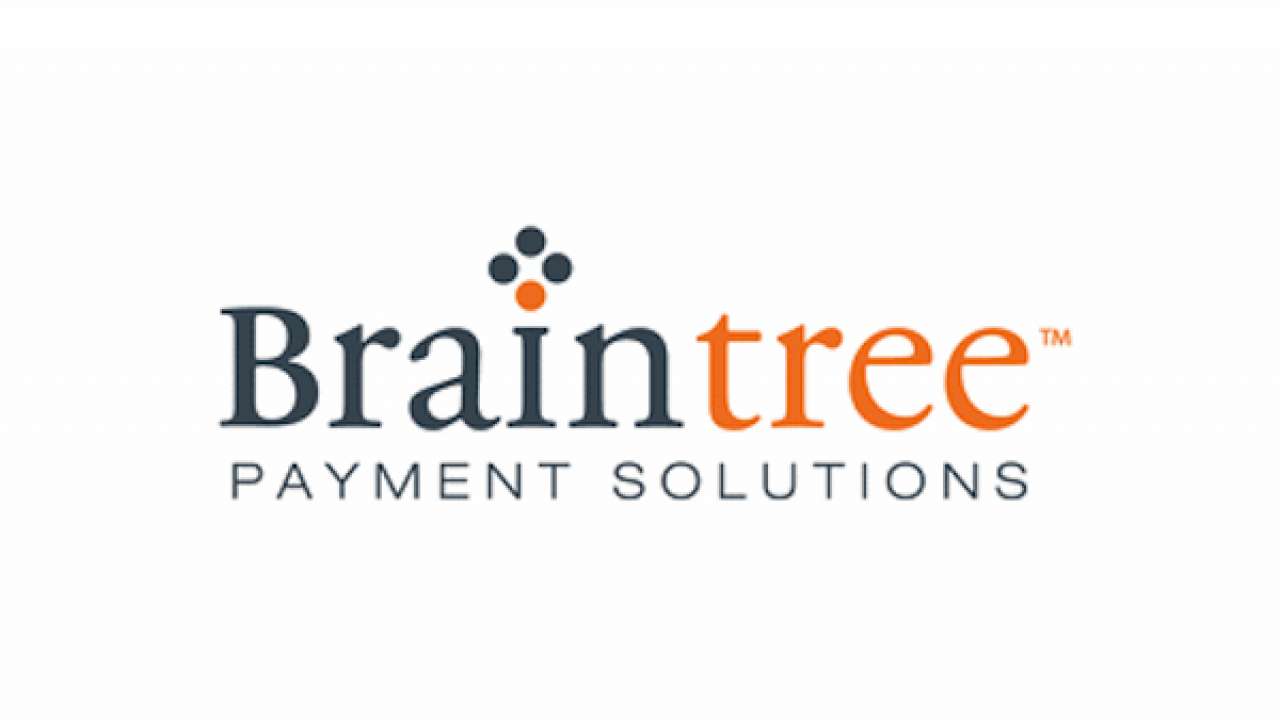PayPal Buys Braintree for $800 Million, Bets Big on Frictionless Payments

We heard rumors over the past few weeks that a deal might be finalized for payment company Braintree, with names like Square and PayPal being thrown into the mix as potential suitors for such an acquisition. It turns out that those rumors were true. This morning PayPal announced it’s buying Braintree, the Chicago-based payments startup, for $800 million.
The entire acquisition seems to revolve around the idea of frictionless payments, a method of paying for stuff that both PayPal and Braintree are betting big on. If you’re not familiar with that term, it’s basically a way for you to pay for things without having to enter any credit or bank card information. For example, if you use Uber, you setup your credit card and then once you start using the service you’re automatically billed after each cab ride. No need to pull out your wallet or anything. As it turns out Uber processes its payments through Braintree.
Braintree had previously acquired another payment startup called Venmo back in August 2012, which has a popular app and something called Venmo Touch. Venmo Touch works as such: a user enters a credit card into one app and then it remembers the number in other apps—assuming of course, all the app developers involved used Braintree on the backend and incorporated the necessary software into their apps. This is a brilliant idea (and one Braintree was betting on), but it needs to scale in order to be successful, something I’m thinking PayPal thinks it can achieve with Braintree and its clients (Uber, Airbnb, and many others) onboard.
There are other synergies that could take place with this acquisition as well, such as lowering credit card processing costs, which really benefits everyone from businesses to consumers. I’m really excited about this acquisition, one because I know the Braintree and Venmo teams have a lot of great ideas after speaking with them, and two because I think there are a lot of synergies between the two companies and together both of them will be able to move us into the future of payments.